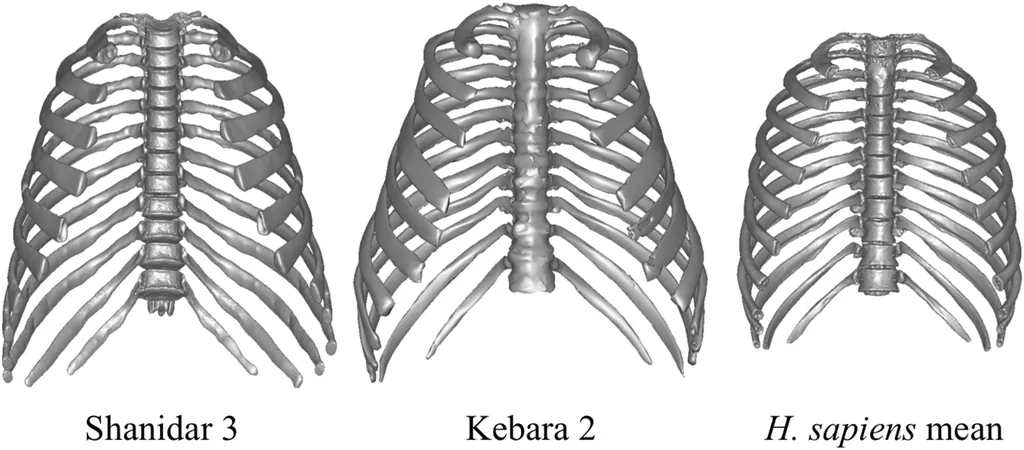
The Hidden Dangers of Loneliness: A Major Contributor to Dementia and Cognitive Decline
2024-12-16
Author: Jacques
A recent comprehensive study has revealed alarming connections between loneliness and the risk of dementia among the elderly, indicating an over 30% increase in risk, along with a 15% rise in general cognitive impairment. As the population ages, understanding these connections becomes crucial for families and caregivers alike.
In an enlightening discussion, Dr. Anna Tseng, a neurologist affiliated with Texas Health Dallas, provided insights into the findings. This research, described as a meta-analysis, compiled data from numerous studies using the UCLA Loneliness Scale—a questionnaire that assesses individuals’ feelings of isolation and companionship based on their responses to questions about social experiences.
Dr. Tseng explained that these feelings of loneliness can lead to critical neurobiological changes. She pointed out that previous research has delved into neurotransmitters and hormones, revealing that social isolation affects not just mental health but also brain structure and functionality. Imaging studies have shown structural brain changes in those who report significant loneliness, demonstrating how deeply this emotional state can impact one's cognitive health.
But how does lack of social interaction translate into cognitive decline? Dr. Tseng affirmed that social engagement plays a vital role, stating that personality traits are complex and often linked to both genetic predispositions and environmental factors. For some, a natural inclination toward solitude may exacerbate feelings of loneliness, making it essential to consider how both inherent traits and lived experiences contribute to mental health outcomes.
For those seeking ways to stave off dementia or cognitive decline, Dr. Tseng offered encouraging news. While genetic factors cannot be overridden, individuals can influence up to 50% of their dementia risk via lifestyle choices. She identified loneliness as a key area that can be tackled through three primary strategies:
1. Maintain Physical Health:
Regular exercise not only benefits the body but also enhances mental well-being.
2. Engage Socially:
Building and maintaining relationships can combat feelings of isolation. This doesn’t have to mean extensive social calendars; even regular check-ins with friends or family can make a big difference.
3. Stimulate the Brain Cognitively:
Staying mentally active is essential. Dr. Tseng emphasized the importance of finding enjoyable activities, whether it's learning a new skill, playing games, or engaging in hobbies. The key is to approach these activities with enthusiasm and curiosity rather than view them as chores.
In today’s busy world, combating loneliness can be as simple as connecting with others or trying something new. As Dr. Tseng eloquently put it, 'Make it something fun to do.' The act of engaging socially or mentally can serve as a protective shield against cognitive decline.
As we continue to grapple with the implications of an aging population, understanding these connections becomes vital. Combatting loneliness might just be one of the most significant steps we can take toward maintaining cognitive health in our later years. Don't underestimate the power of connection; it could very well be the key to a sharper mind and a brighter future.









 Brasil (PT)
Brasil (PT)
 Canada (EN)
Canada (EN)
 Chile (ES)
Chile (ES)
 España (ES)
España (ES)
 France (FR)
France (FR)
 Hong Kong (EN)
Hong Kong (EN)
 Italia (IT)
Italia (IT)
 日本 (JA)
日本 (JA)
 Magyarország (HU)
Magyarország (HU)
 Norge (NO)
Norge (NO)
 Polska (PL)
Polska (PL)
 Schweiz (DE)
Schweiz (DE)
 Singapore (EN)
Singapore (EN)
 Sverige (SV)
Sverige (SV)
 Suomi (FI)
Suomi (FI)
 Türkiye (TR)
Türkiye (TR)